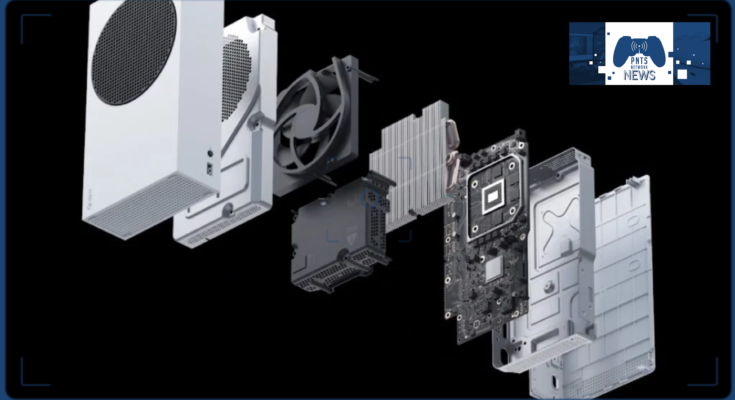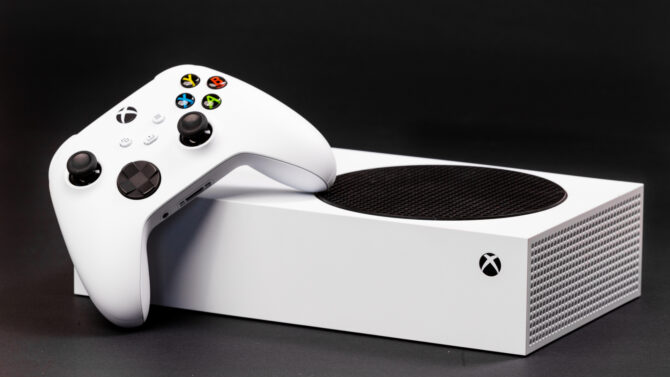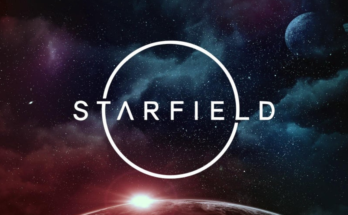In year 3 of the Xbox Series console’s life cycle, gamers debate over the S’ impact on future games.
THE HISTORY
The Xbox Series S, formerly known as Lockhart, has faced several concerns and criticisms from developers and industry experts since its development. The primary concern expressed about the console was its lower specifications compared to its counterpart, the Xbox Series X, which could limit the gaming experience on the device. Developers raised concerns about the console’s limited RAM, which could restrict game developers from creating larger and more complex games, leading to issues like stuttering and longer load times.
Other concerns raised about the Xbox Series S include its lower storage capacity and how it could potentially impact game development. Some developers have also expressed concern about the console’s compatibility with certain games and how it may require developers to create a separate version of their games for the console, which could be a significant drain on resources.

ISSUES POST LAUNCH
More recently, developers have spoken out about the difficulty of developing for the Xbox Series S, particularly when it comes to memory issues. Remedy Entertainment, the developers behind Control and Alan Wake, noted that the console’s limited RAM could lead to issues with game performance and development. Similarly, other developers have noted that the console’s compatibility requirements could be a significant challenge.
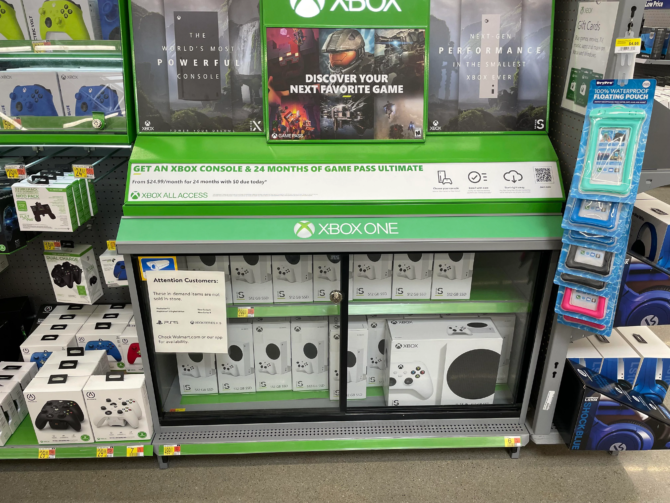
POST LAUNCH TIMELINE
The following is a time lined portion of the issues publicly expressed:
- April 2020: Rumors begin circulating that Microsoft is developing a cheaper, less powerful version of the Xbox Series X called Lockhart.
- August 2020: Reports suggest that Lockhart will be revealed as the Xbox Series S, with some analysts and industry experts expressing concern about the console’s lower specifications compared to the Xbox Series X.
- October 2020: Concerns continue to mount about the Xbox Series S’s lower RAM and how it could impact game development.
- November 2020: The Xbox Series S is released, with some developers expressing concern about the console’s lower RAM and compatibility issues.
- March 2021: Remedy Entertainment expresses concerns about developing for the Xbox Series S, citing issues with the console’s limited RAM.
- May 2021: Reports suggest that many game developers are requesting that Microsoft drop mandatory compatibility with the Xbox Series S, citing concerns about its lower specifications and compatibility requirements.
- October 2022: Lee Denovald of Rocksteady Games called the Series S an “albatross around the neck of production.”
- March 2023: Developers continue to express concerns about the Xbox Series S, particularly when it comes to memory issues and compatibility requirements.

DIFFERENT TAKE
Now in contrast, there is at least one developer who argues the opposite. Gavin Stevens, an indie developer (@GTS_Tweets on Twitter), thinks the complications developers are proclaiming are not that paramount. In tweets referencing the issue he states:
“This [The claim the Xbox Series S hinders 9th generation console developement] isn’t accurate, and I’ve written/discussed with multiple ones with developers and the people who worked on the hardware why is not. Put simply, the memory difference is offset by lower res and settings, the cpu and architecture are what’s important for down porting…
…The SSD size really isn’t a big issue. It was made that size to balance price versus the average number of games a user has. The actual IO is the important factor.
But yeah most devs won’t bother to compress. Which is the actual problem here – effort.”
While Gavin Stevens’ experience as an indie game developer is valuable, it is important to consider the larger picture of concerns expressed by multiple developers and industry experts about the Xbox Series S. While it is true that the console’s lower resolution and settings may offset the memory difference to some extent, the concerns about limited RAM and compatibility issues cannot be easily dismissed. These concerns have been raised by numerous developers and experts in the field, including Remedy Entertainment, a well-known game development company.
Additionally, the argument that the SSD size is not a big issue may not hold up in practice, as some developers have raised concerns about the console’s lower storage capacity and how it could potentially impact game development. Furthermore, the fact that many game developers are requesting that Microsoft drop mandatory compatibility with the Xbox Series S suggests that there are indeed serious problems with developing for the console.
It is also worth noting that the argument that “most devs won’t bother to compress” may be oversimplifying the issue. While it is true that compression can help to mitigate some of the concerns about limited RAM and storage capacity, for all issues expressed, is that a complete solution? Resolutions addressing all areas of concern may require additional time and resources for developers to implement.
Overall, while it is important to consider multiple perspectives on this issue, the concerns expressed by a wide range of developers and experts suggest that there are likely serious problems with developing for the Xbox Series S, particularly when it comes to memory issues and compatibility requirements. The lack thereof from a single indie developer, versus the accounts of big ticket AAA products may not be a suitable counter.
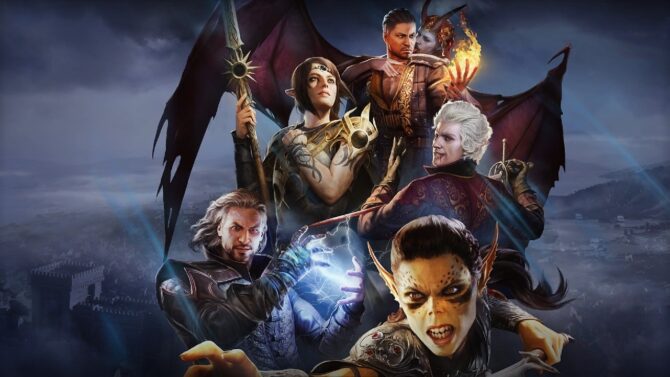
POSSIBLE SOLUTIONS
What is a reasonable solution or compromise? Some have expressed allowing developers to just skip the Xbox Series S when prolonging issues affect just that console. Others have suggested boycotting the purchase of games that release elsewhere due to not “optimizing” the game for the platform.
Here’s our suggestion:
- Start defining support for the Series S as being offered in one of two ways, where both is not possible. Those two ways are natively, and over the cloud
- Allow Ala cart game purchases to be made in the cloud for these instances (Series S only)
- If a developer can thoroughly exhibit why a game cannot work properly on the Series S, though it works fine on the Series X, allow them the concession of selling the title over the cloud
- Require that it is very clear in packaging labeling and marketing that the game will only be available over the Series S in the cloud in these instances
- Guarantee certain FPS/resolution benchmarks on the Series S for 9th gen cloud only titles
OUR CONCLUSION
Why this as a solution? Well, as much as it seems elementary to disregard the Series S, that is not plausible. The Series S is the platform’s best selling console this generation. Skipping it in entirety for certain 9th generation games makes the effort almost pointless for the Series X only. We get it. Gamers may be disappointed that games cannot be done natively on the Series S. That said, there seems to be enough pushback from developers that state their authentic frustration. Boycotting a game on the lesser selling console means nothing to them. This is especially if they are willing to skip those consumers all together in the first place if necessary (i.e. Baldur’s Gate III) . Also don’t expect gamers who primarily use competing platforms to join your fight. For instance. a good portion already believed the S would be a bottleneck for development, hence why they purchased a PS5 in the first place.
As hair-brain as our proposed solution may/may not be, it speaks to a larger concern. What to do about the development woes with the Series S? It’s important to figure out, as developers seem not only emboldened to speak out, but are willing to hold off bringing games to Xbox because of it.

